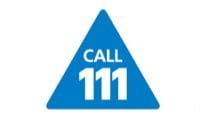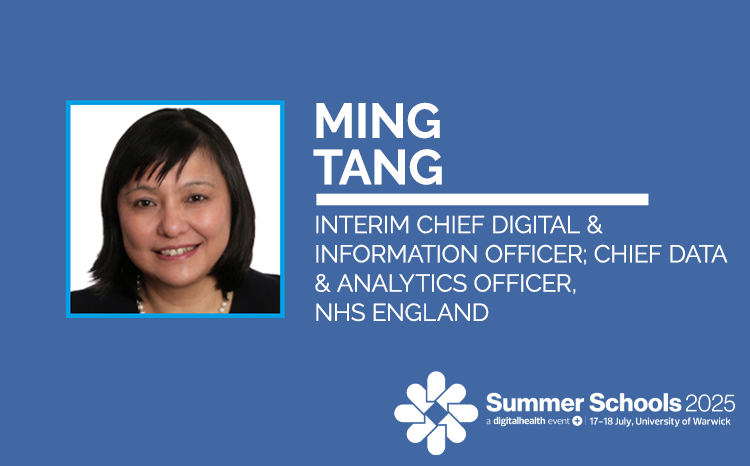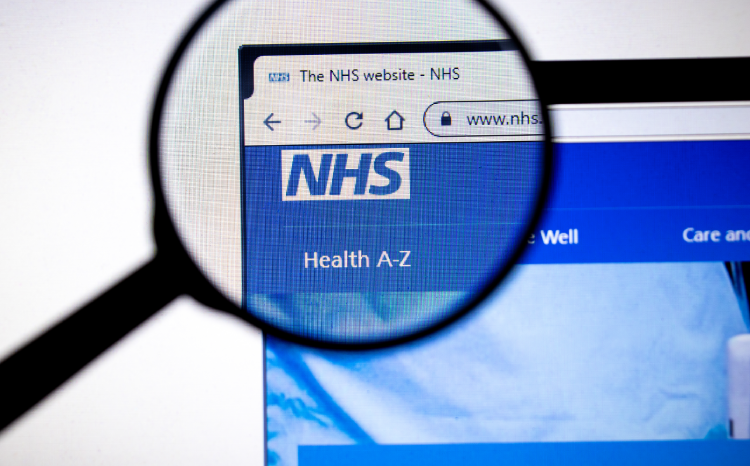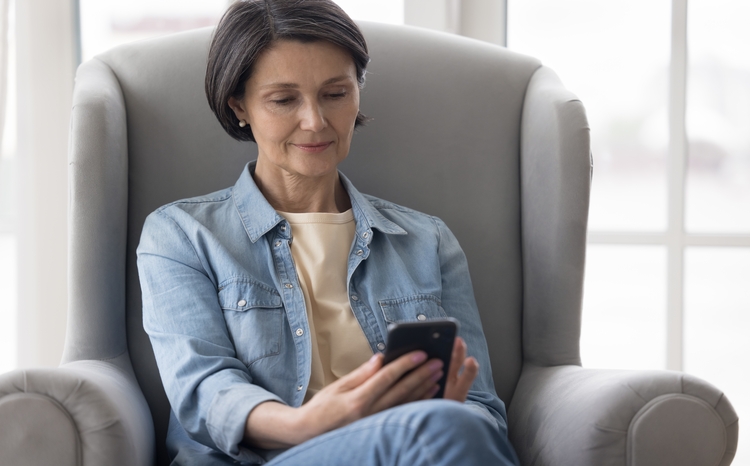Put GPs on NHS 111 calls – Hakin
- 19 February 2015

Providers of the NHS 111 telephone service should have GPs on hand to provide clinical advice at peak times, according to NHS England’s national director of commissioning operations.
Pulse reported this week on a letter sent to NHS 111 commissioners from Dame Barbara Hakin. The letter, which has also been seen by EHI News, says a GP presence is required in call centres as soon as possible.
It argues this will support non-clinical staff and reduce the number of phone calls to the non-emergency service that result in ambulance call-outs.
There have already been several successful pilots of this system carried out as part of the NHS 111 learning and development programme, according to Dame Barbara’s letter, which says that the use of GPs can cut the number of ambulance call-outs by two-thirds.
There have been wider calls for changes to the NHS 111 service, which rolled-out nationally in 2013 to replace the previous non-emergency NHS phone line NHS Direct. It now takes around one million calls each month.
The cost cost of closing down NHS Direct was around £70 million, according to a National Audit Office report.
However, where NHS Direct used teams of information handlers and healthcare professionals, particularly nurses, to handle calls, provide advice, and run a call-back service, NHS 111 is run by non-medically trained staff.
They use the NHS Pathways and Directory of Services software systems to determine the most appropriate service for patients and direct them to it. This has led to persistent concerns that too many calls lead to an ambulance or A&E response.
Earlier this month, the BMA called for a “serious and urgent analysis” of NHS 111 based on figures that showed GP and A&E referrals had both increased by nearly 200% following the introduction of the service – although the BMA’s interpretation of data was disputed by NHS England’s head of media Roger Davidson.
The addition of GPs to NHS 111 call centres at peak times, such as the bank holidays and weekends, could help address these concerns, and Dame Barbara indicated that the project will be extended beyond the pilot stage.
“For some this will become a permanent service, but we expect 111 services to put these in place to manage winter pressures until after the Easter bank holiday period at least. A minimum three month period is advised,” she says in her letter.
The letter says £700 million has already been made available to commissioners this winter to support the introduction of the service, with some of these costs expected to be “offset by the reduced number of ambulance journeys and A&E attendances”.
The service could also go beyond the addition of GPs, with Dame Barbara suggesting that other skilled healthcare workers could help support staff at NHS 111 centres.
“GP presence in the contact centre increased the knowledge and confidence of health advisors,” says Dame Barbara.
“In addition the introduction of other advanced practitioners, in particular pharmacists and mental health professionals could replicate the impact of GPs on changes to individual dispositions and on the overall development of the NHS 111 workforce.”
Chair of the BMA’ General Practitioners Committee Chaand Nagpaul told Pulse that the plans were “just a sticking plaster in the short-term” and that a wider overhaul of NHS 111 was necessary.
“This vindicates everything that GPC has said from the outset, when 111 was launched,” said Nagpaul. “We warned that a system of call handling driven by a computer algorithm and staffed by non-clinicians was never going to be fit for purpose.”




